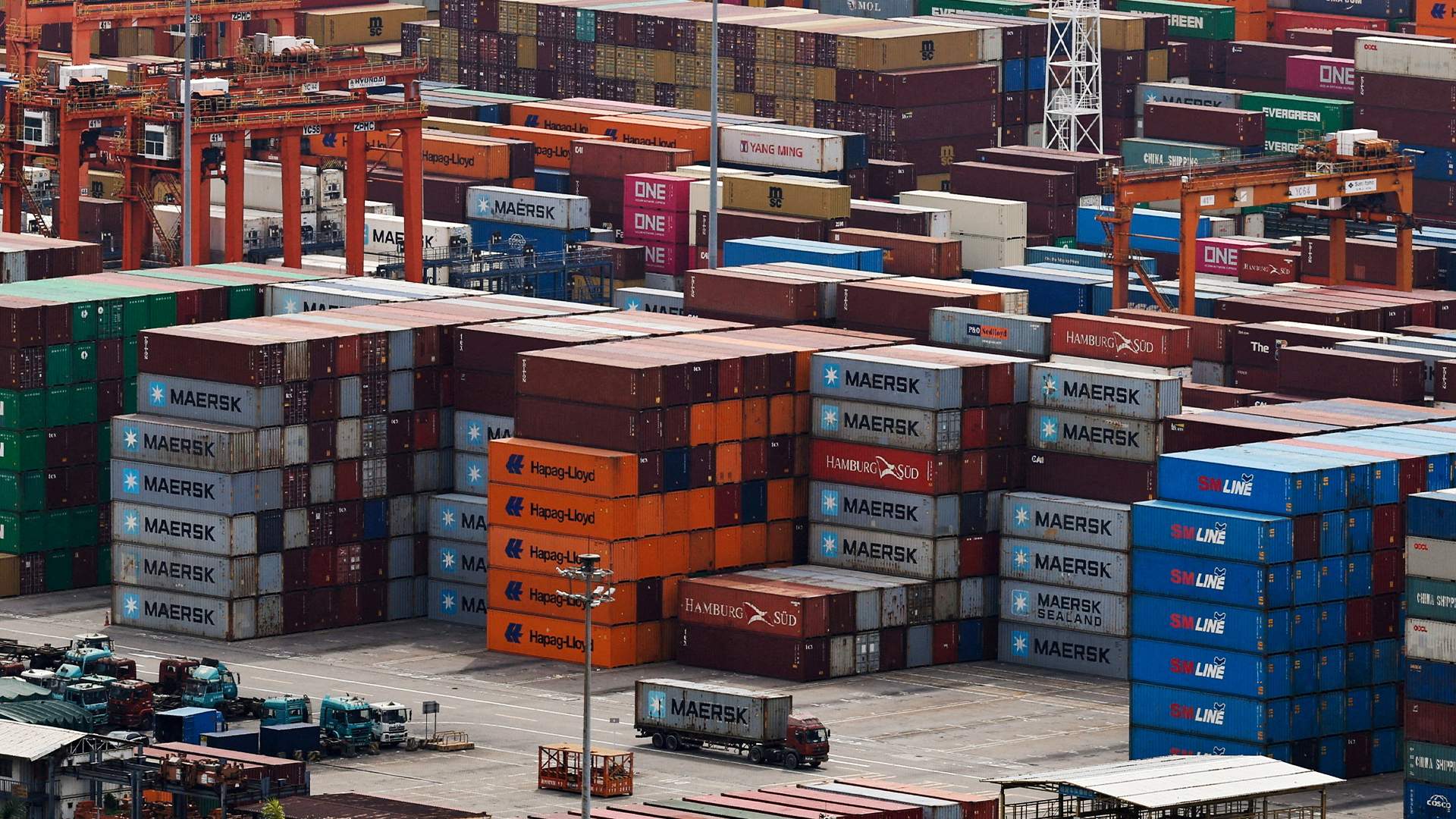Counteraction game: China and the United States have reduced mutual duties

A month and a half ago, on April 2, US President Donald Trump announced the introduction or increase of duties for almost all countries and territories of the world. Then it was announced that they would be increased again in relation to China. Gradually, the amount of duties amounted to 145%. China, in turn, also raised tariffs against the United States somewhat. At the moment, it is known that the parties have reached an agreement on their significant reduction for 90 days. Details of the trade war between the United States and China can be found in the Izvestia article.
China-US talks in Geneva
After a long exchange of restrictive trade measures, the United States and China, following talks in Geneva (Switzerland), were able to agree on mutual tariff reductions. This is stated in a joint statement by the parties following two days of economic and trade talks between the United States and China in Geneva.
As part of the agreement, Washington will reduce duties on Chinese goods from 145% to 30%, and Beijing on American goods from 125% to 10%.
According to the White House website, after fulfilling all the terms of the agreements, a "mechanism will be created to continue discussions on economic and trade relations."
How the US and China increased duties on each other
The issue of duties between the two countries came on the agenda in February 2025, when Donald Trump announced a 10% increase in tariffs on all Chinese imports. Then, in response, China imposed targeted duties from 10% to 15% on agricultural machinery, a number of cars, oil, coal and LNG from the United States. Washington's subsequent tariff increase of 10% occurred in March. Beijing also responded with targeted restrictions of 10% to 15% on American agricultural products.
The trade war between the two countries entered an active phase in April, when Donald Trump announced duties against almost all countries of the world. For China, on April 2, they amounted to 54%. In response, China announced that it would implement mirror measures. In particular, the State Council of the People's Republic of China imposed additional duties of 34% on all American goods.
The United States did not take long to wait. Already on April 8, it was announced that tariffs against China would be increased by another 50 percentage points, thus they amounted to 104%. China responded with an additional tariff rate of 84%. On the same day, China added 12 companies from the United States to the export control list in order to protect national security and interests. Six more were added to the list of "unreliable organizations."
Following this, Donald Trump increased duties on China again, this time to 125%. This was done against the background of the "disrespect" that China allegedly showed towards world markets. The very next day, on April 10, CNBC, citing the White House, announced that "Trump's duties on Chinese goods now amount to 145%."
In response, on April 11, China raised duties on the United States to 125% and issued a statement saying that Washington's extremely high duties on Chinese products were "a serious violation of international trade and economic rules, basic economic laws and common sense, and absolutely unilateral actions of intimidation and coercion."
"Given that at the current level of tariffs, the market is no longer able to accept American goods supplied to China, the Chinese side will not pay attention to a further increase in US duties on products from China," the statement also said.
Reaction to the reduction of duties by the United States and China
As the Ministry of Commerce of the People's Republic of China noted, commenting on the Sino-American negotiations in Switzerland, the decision of the parties to reduce duties is in the interests of both countries and the whole world. Beijing also hopes that Washington will continue to work to fully correct the incorrect practice of unilateral tariff increases and is ready to work with the United States to strengthen mutually beneficial cooperation and maintain healthy, stable and sustainable development of trade and economic relations.
U.S. trade negotiator Jamison Greer noted that the agreement is beneficial for both countries. U.S. Treasury Secretary Scott Bessent, in turn, called the dialogue with Chinese partners "a very positive process."
Experts also reacted to the agreement between the countries. For example, Kirill Dmitriev, the head of the Russian Direct Investment Fund (RDIF), wrote on his page on the social network X: "This is great for the global economy! Cooperation should be a driving force for global stability and prosperity."
Переведено сервисом «Яндекс Переводчик»
